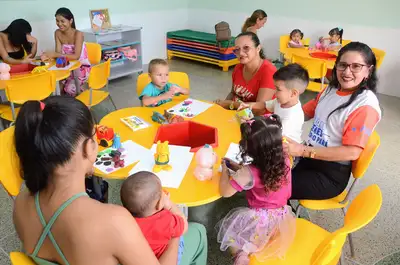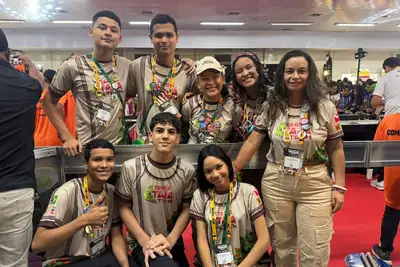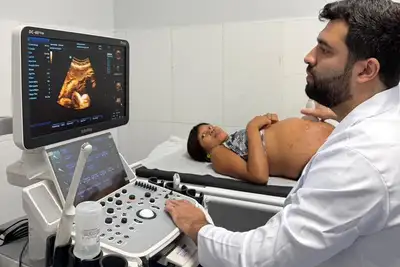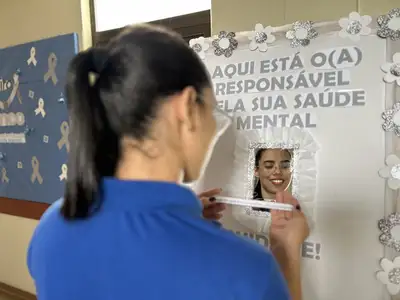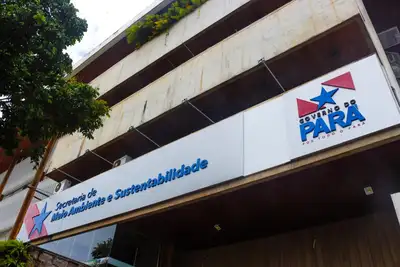Rural Assistance and Extension Company encourages sustainable livestock farming in Altamira
Emater's work, with this focus, involves properties of 30 to 100 hectares
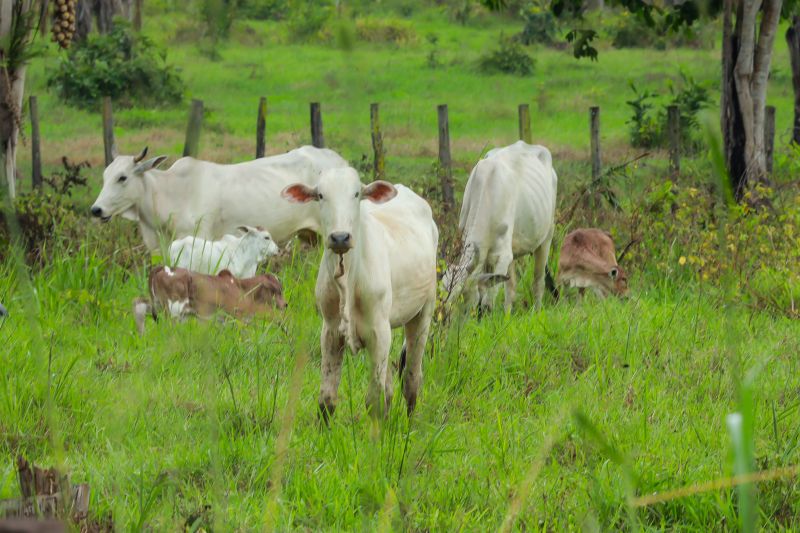
The local office of the Technical Assistance and Rural Extension Company of the State of Pará (Emater) in Altamira, in the Xingu region, has been encouraging dairy producers to adopt more sustainable production models. Currently, the agency directly serves 80 dairy farmers in the municipality.
The average herd size is 50 to 100 animals, generally of the Girolando breed, within properties of 30 to 100 hectares. Some of the strategies to minimize the ecosystem impact of the activity and also to address existing environmental challenges, such as climate change, include nutritional supplementation of the cattle, genetic improvement, and herd management, as well as sanitary adequacy and the use of monitoring technologies.
The supplementation, in this case, according to the Emater team, can come from grass and corn planted on the properties themselves. With silage, the forage resources are fermented anaerobically and stored, in order to provide tactical reinforcement especially during dry periods, when pasture availability is lower.
“We recommend, for example, BRS Capiaçu, a cultivar of elephant grass [Cenchrus purpureus] developed by Embrapa [Brazilian Agricultural Research Corporation]. Additionally, there are practices involving mineral salt, corn bran, and soybean meal. Bulk supplementation or concentrated feed is an excellent procedure for support during dry seasons. From our observation, in recent years the dry season in the Amazon has intensified, leading to less pasture availability and even a lack of quality water for the animals,” explains Carlos Waldir dos Santos, veterinarian at the local Emater office in Altamira, specialist in Cattle Production and Reproduction.
Field Day
In Ramal do Paratizinho, at Km 9 of the Transassurini highway, 20 families from Altamira participated in the 'Sustainable Livestock Farming Field Day' at Sítio Boa Esperança. The event on the 1st of this month was promoted with the support of Emater and is part of the international project Sustainable Agriculture for Forest Ecosystems (Safe), a partnership between the NGO Foundation Live, Produce and Preserve (FVPP), the Deutsche Gesellschaft für Internationale Zusammenarbeit (GIZ) GmbH, from the German government, and the Brazilian federal government.
The Agricultural Defense Agency of the State of Pará (Adepará) and the National Institute of Colonization and Agrarian Reform (Incra) also contributed with lectures and discussions.
Text by Aline Miranda


